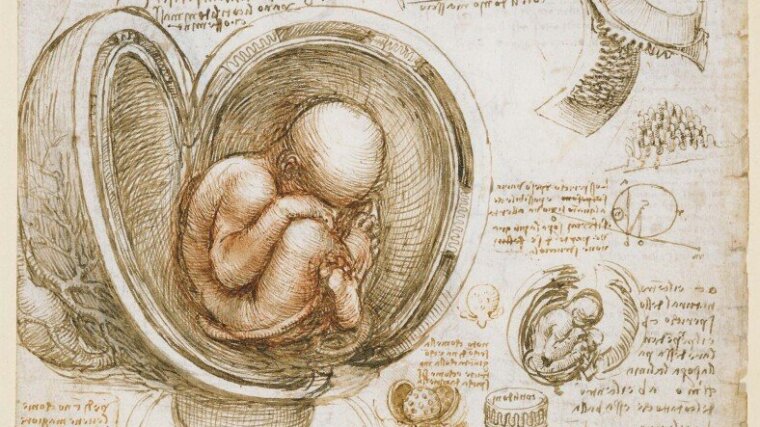
- Research
Published: | By: Uta von der Gönna
One out of five interdisciplinary centers for reproductive health funded by the German Federal Ministry of Education and Research is being established at Jena University Hospital and Friedrich Schiller University. At the Jena Center CEPRE, young clinicians, medical scientists and ethicists will conduct research in the fields of women's reproductive health and early pregnancy.
If a couple's desire to become parents remains unfulfilled, modern reproductive medicine offers numerous ways for help. However, many medical, psychological, ethical and social aspects of the issue are still poorly understood. An interdisciplinary center is now being established at Jena University Hospital and Friedrich Schiller University Jena, in which young scientists from the fields of medicine, natural sciences and ethics will dedicate themselves to research questions related to women's health and early pregnancy. The center is one of five centers for fostering reproductive medicine and is funded by the Federal Ministry of Education and Research with more than two million euros for an initial period of three years.
“It is a particular feature of our center that young researchers can implement their specific project ideas in various subject areas of reproductive science and we support them on their way to scientific independence,” Prof. Udo Markert says, spokesman for the Jena Center for Early Pregnancy and REproductive Health – CEPRE. He heads the Placenta Lab at the Department of Obstetrics at Jena University Hospital and is one of the reproductive scientists who have been pointing out the need for research in this area for years. Being able to support young colleagues in Jena now, makes him even happier.
Eight research groups in Jena involved
Eight research groups in Jena will each host one of the subprojects. At University Hospital, young life scientists will work on cell processes in the endometrium, on the interaction of the placenta and the embryo in early pregnancy and on the interplay of cardiovascular regulation in mother and child. In clinical projects, young physicians will focus on the microbiome in the reproductive organs, the connection between maternal health and the placenta, and the effects of prenatal administration of stress hormones on lung maturation in children. The research program will be completed by a project in bioinformatics and a project investigating ethical and legal aspects, both based at the University of Jena. The call for project proposals has been published at the homepage External linkthe selection process should be completed quickly, with the final selection to take place in spring.
In addition to research and mentoring in the working groups, the center offers a qualification program with courses in technical and soft skills, research stays, and conference participation. “We want to enable the young researchers to lead their own research groups. After a hopefully approved second funding phase, they should be able to meet the requirements for a professorship and advance our field of research,” Prof. Markert is describing the goal of CEPRE.
All five junior reproductive health centers:
- The research network LE-REP brings together the expertise of various Leipzig competence centers for researching the most important health challenges of modern fertility treatment.
- ReproTrack.MS in Münster deals with the causes of unwanted childlessness. The focus is on elucidating the role of male factors in infertility.
- The focus of the southern German center “FePro-Ulm” in Ulm is fertility protection, which is particularly important for oncological patients from cytotoxic therapies.
- The center in Hamburg deals with sexual and reproductive health in people who are overweight and obese.
- The CEPRE center in Jena deals scientifically, clinically and ethically with early pregnancy and reproductive health.
Am Klinikum
07747 Jena Google Maps site planExternal link